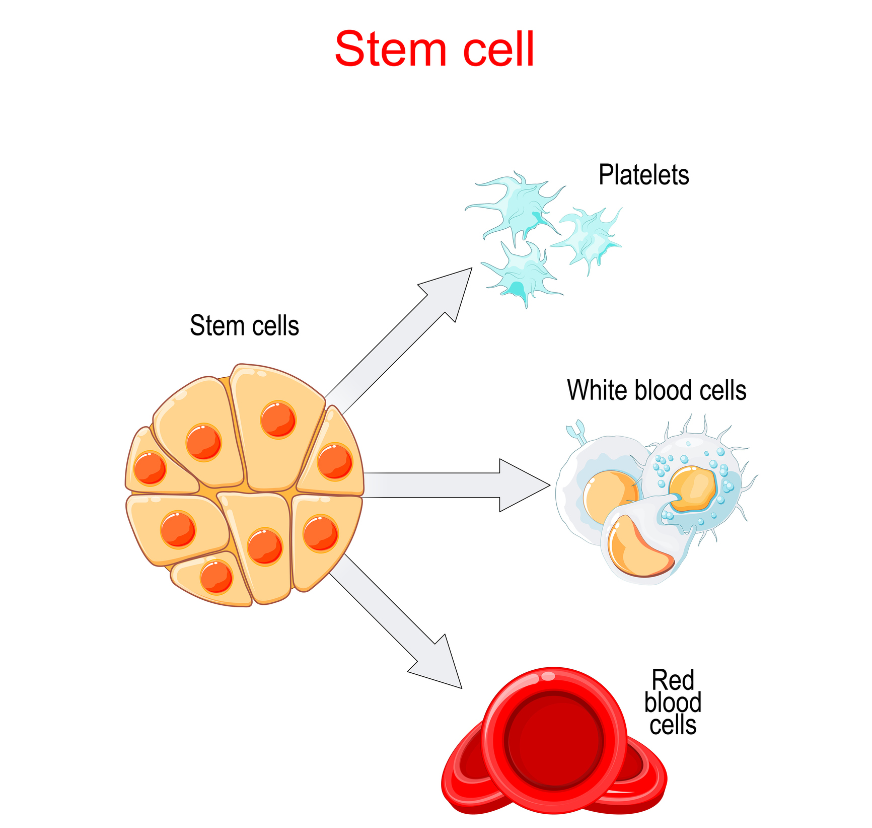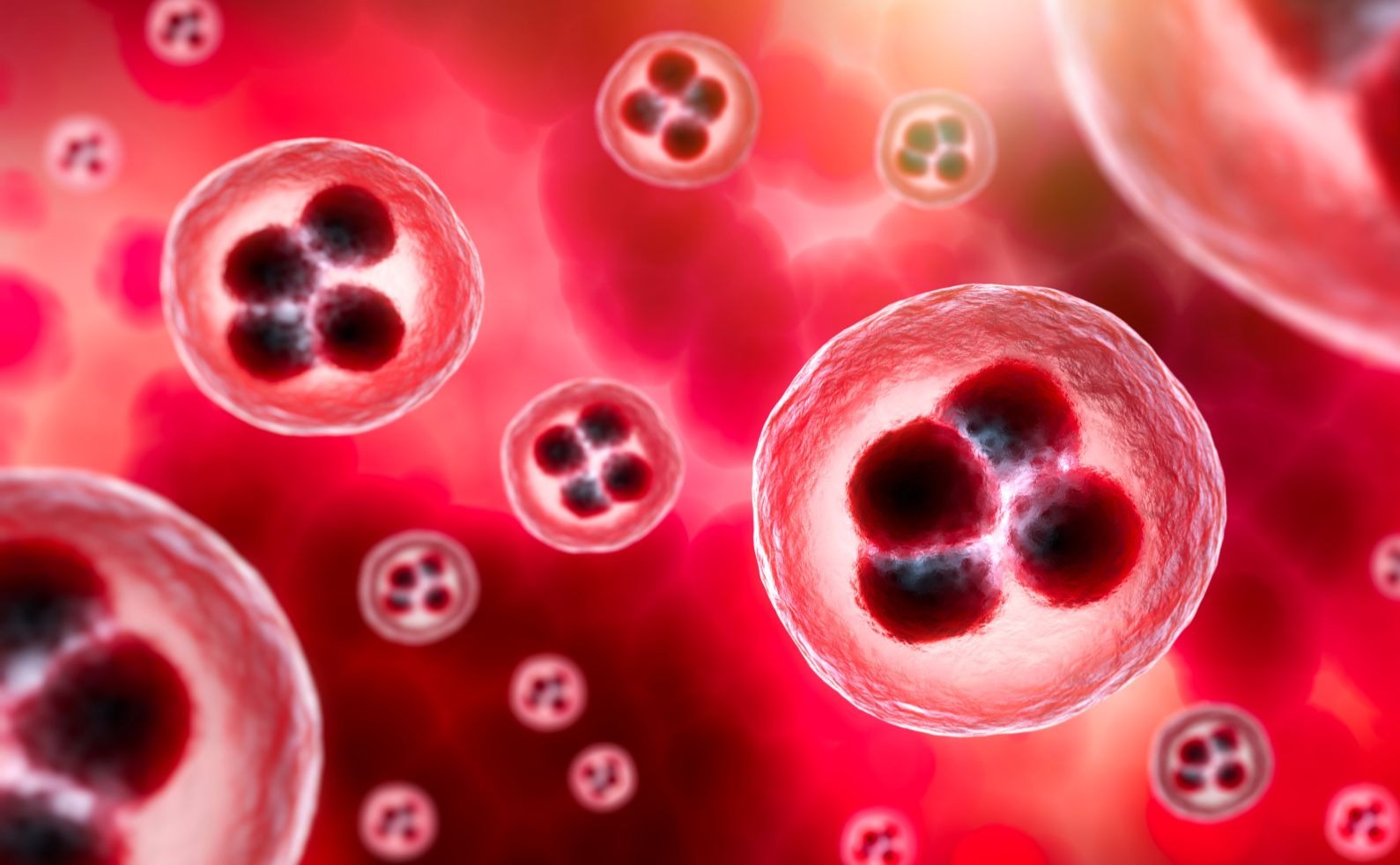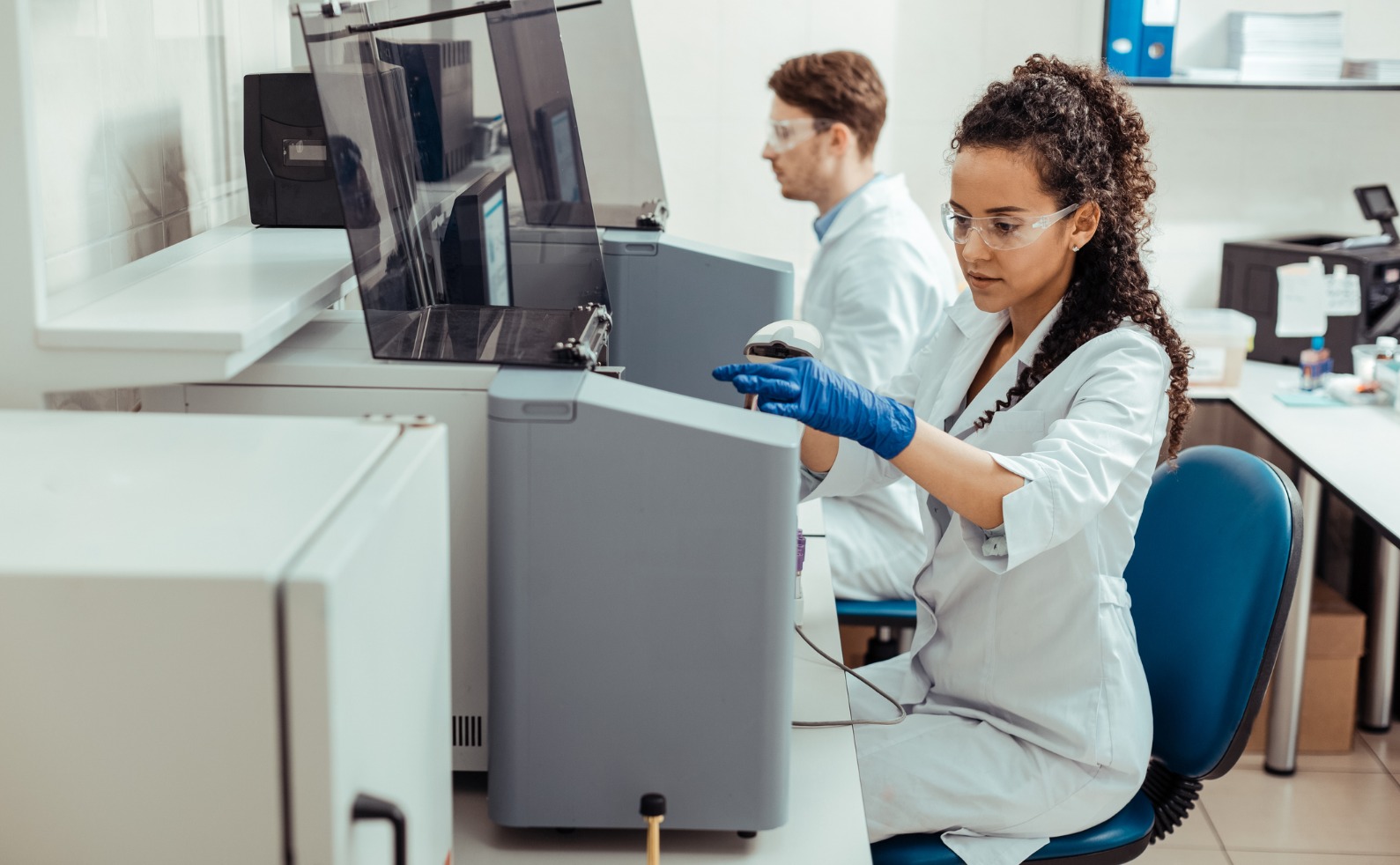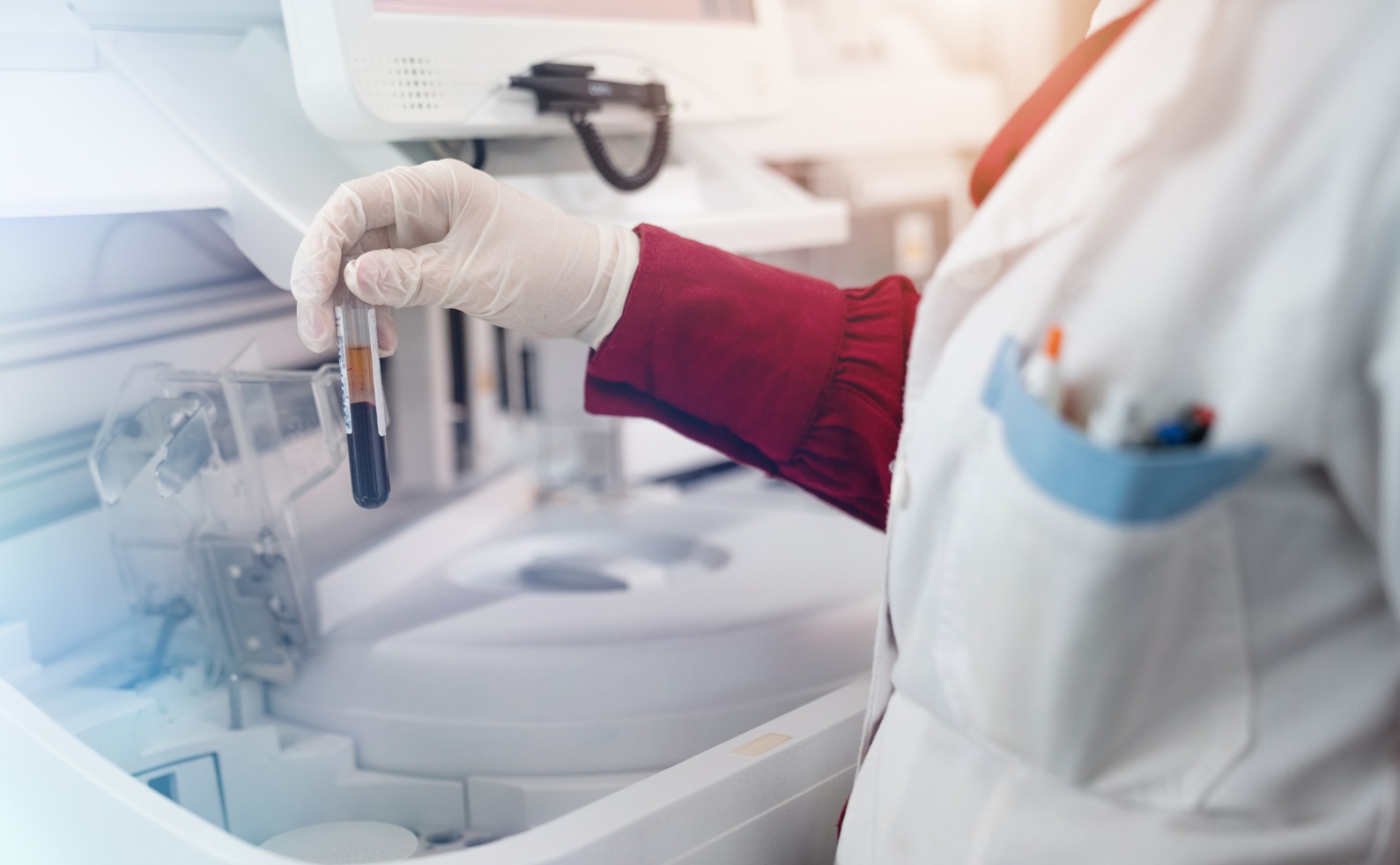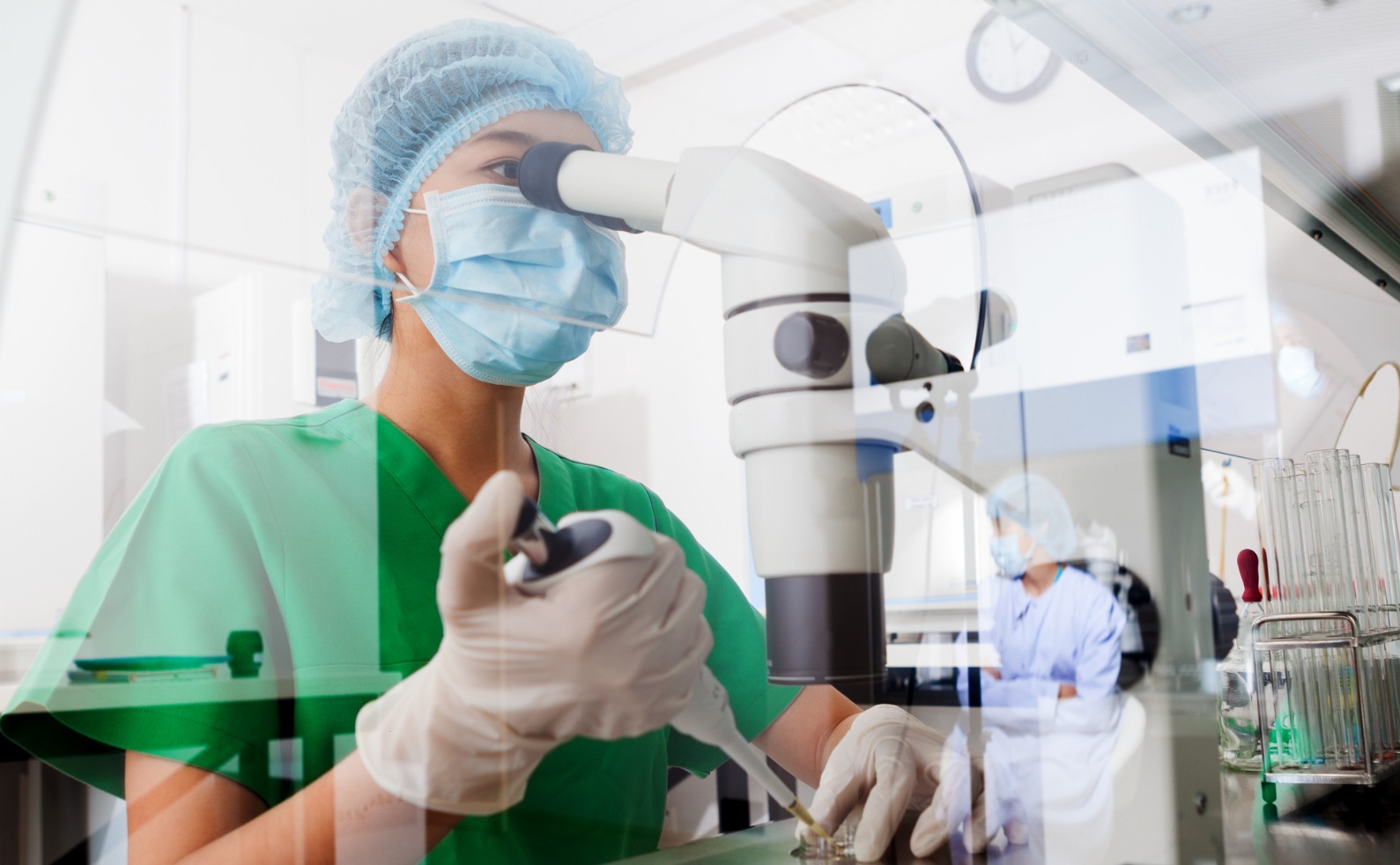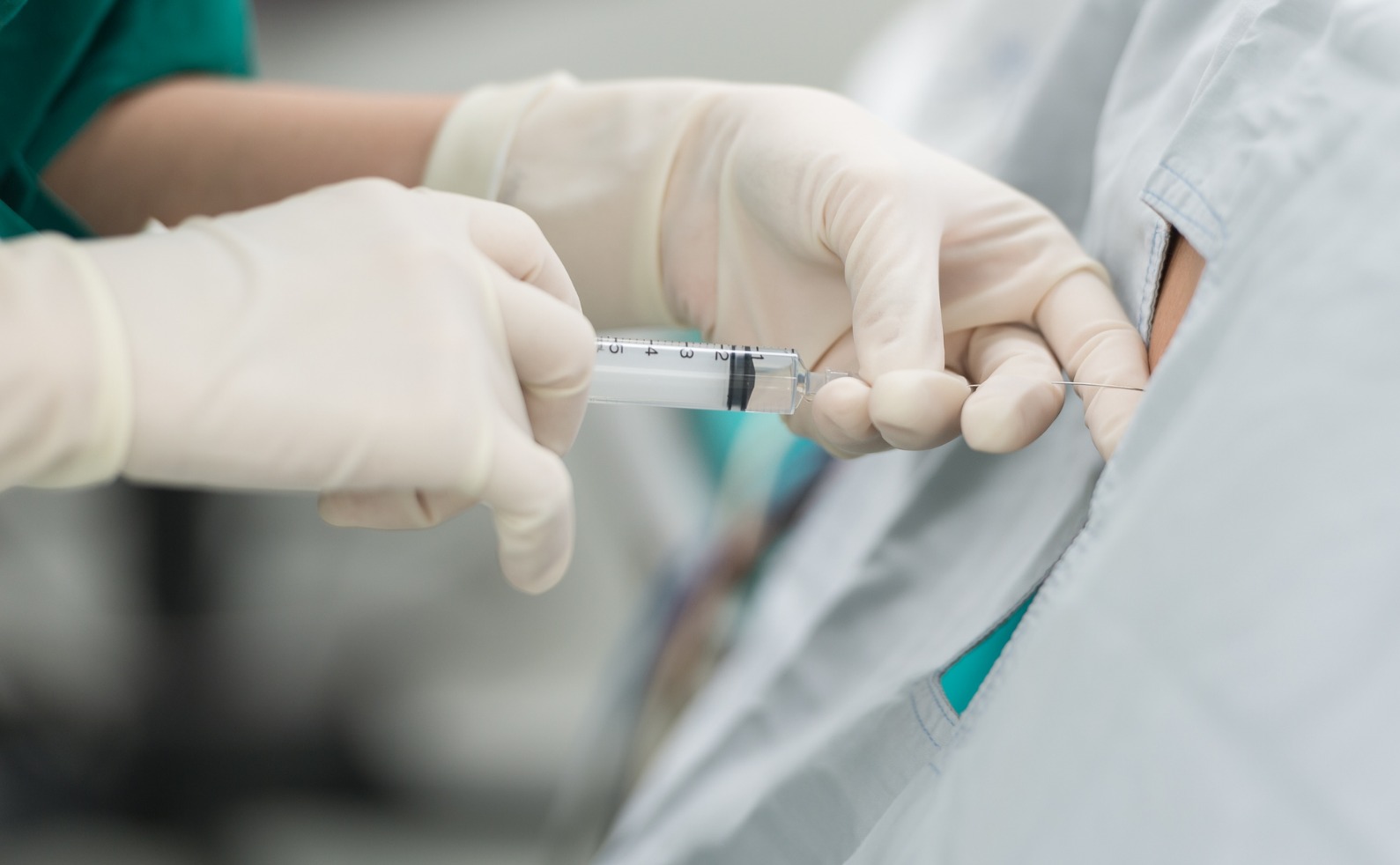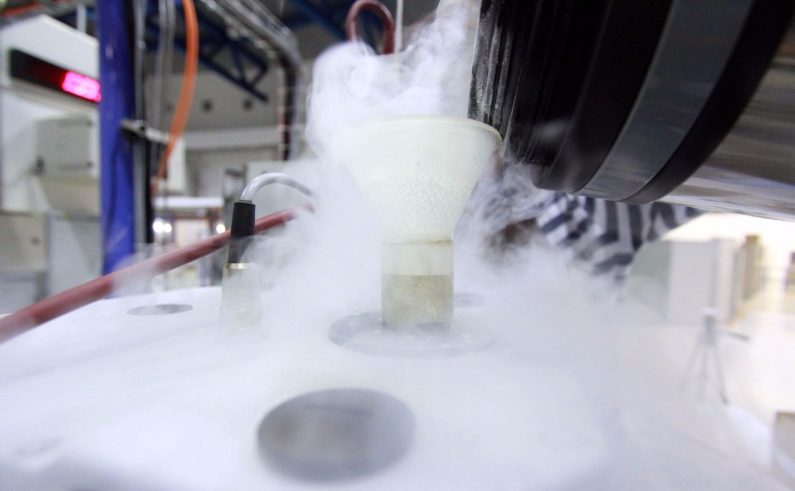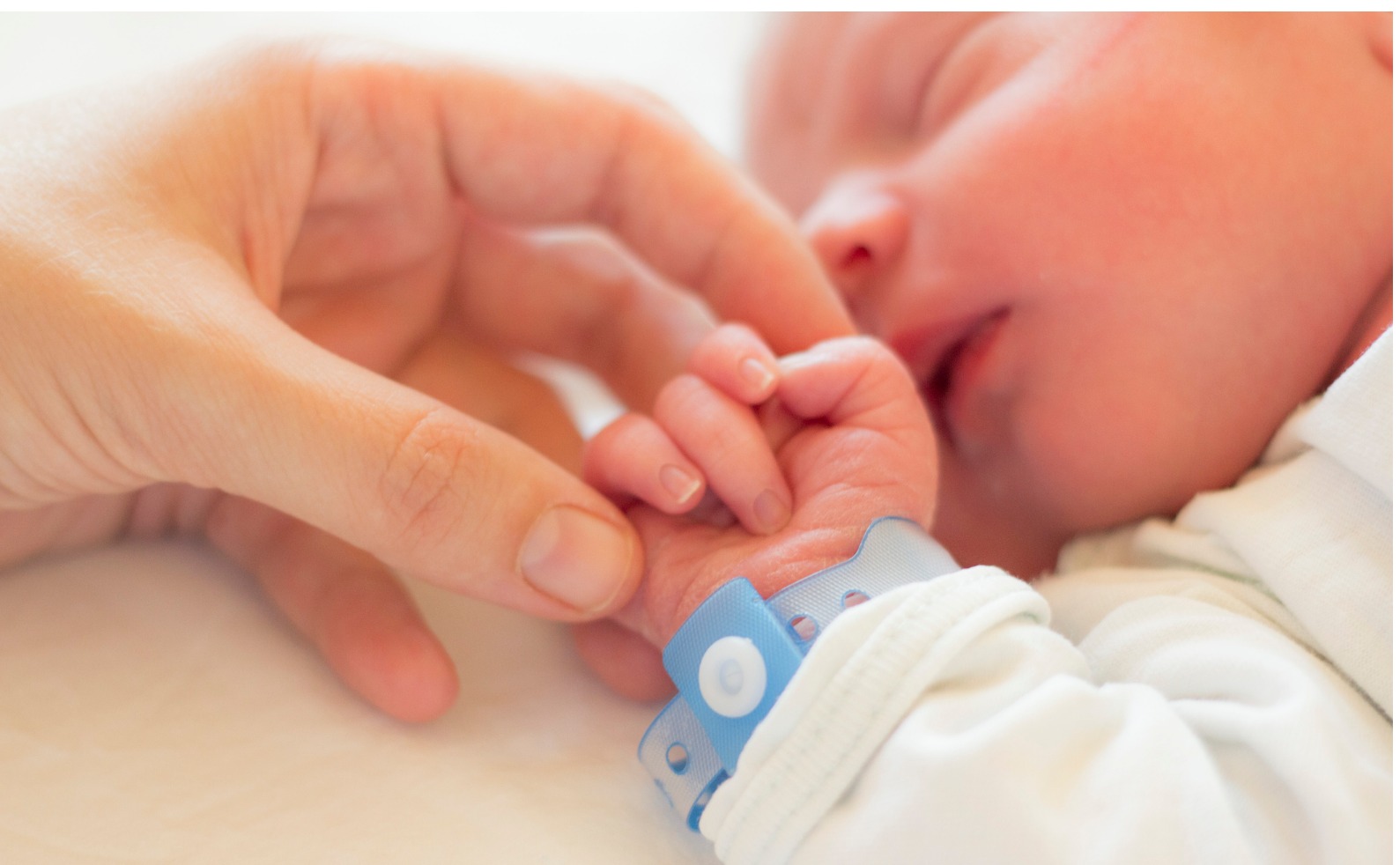It is well known that stem cells found in a newborn baby’s cord blood are rich in (hematopoietic) stem cells, which has been used to treat and cure over 80 different blood and immune disorders and cancers. But what about the stem cells from umbilical cord tissue? Both Cord blood and Cord Tissue are rich …
Continue Reading